
A place for stories about chronic illness, disability, mental health, and neurodivergence.
chronic pain
-
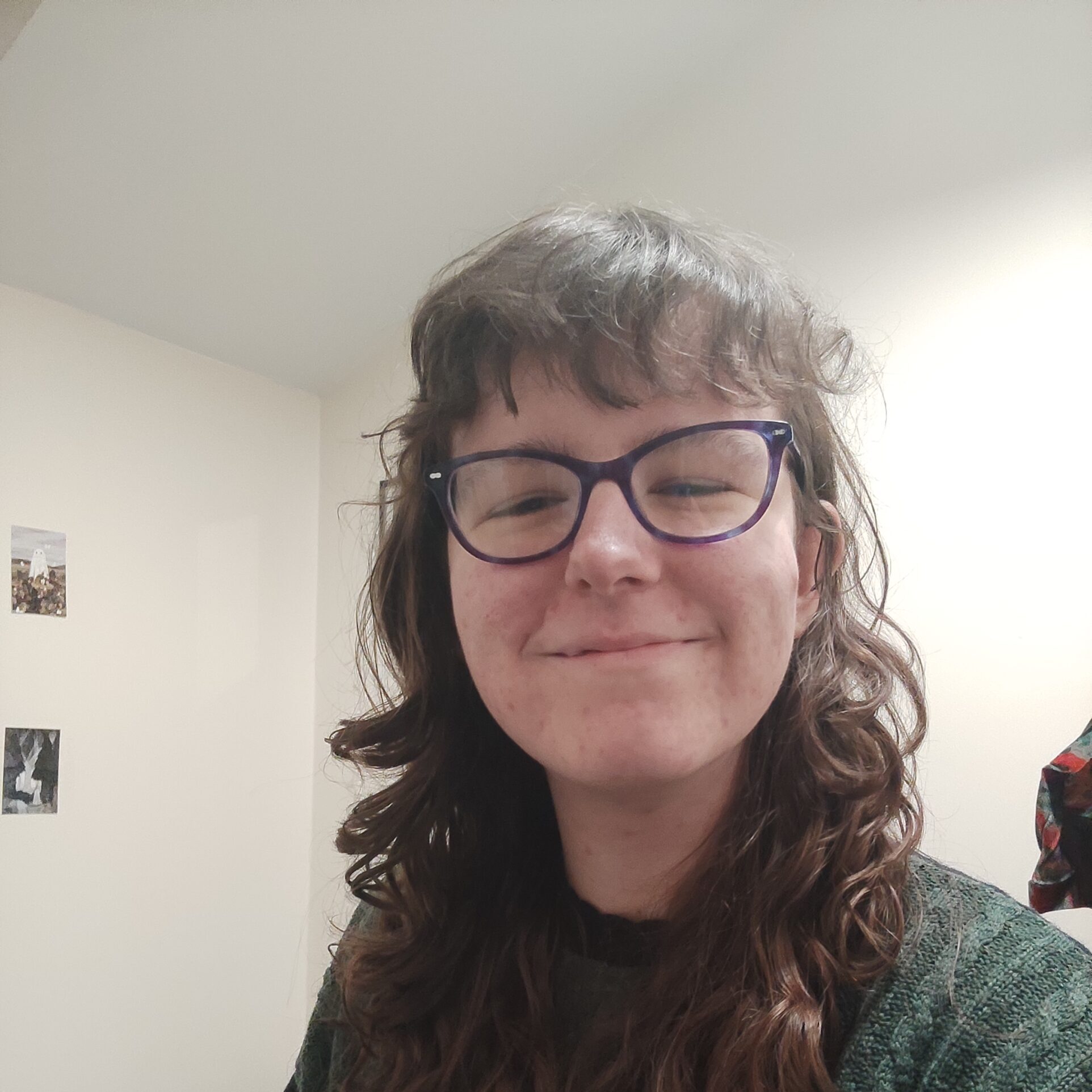 By Sophie Mattholie
By Sophie Mattholie“It’s getting bad again – I mean, this is technically the worst it’s ever been …” In her new poem, sickness in the seams of it all, Sophie Mattholie writes about her experience with POTS.
-
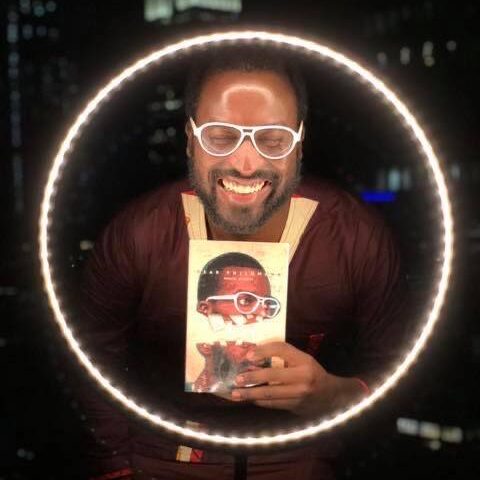 By Mugabi Byenkya
By Mugabi ByenkyaMugabi Byenkya’s latest poem, texting a friend in 2021, is about recovery, boundaries, and protecting your peace.
-
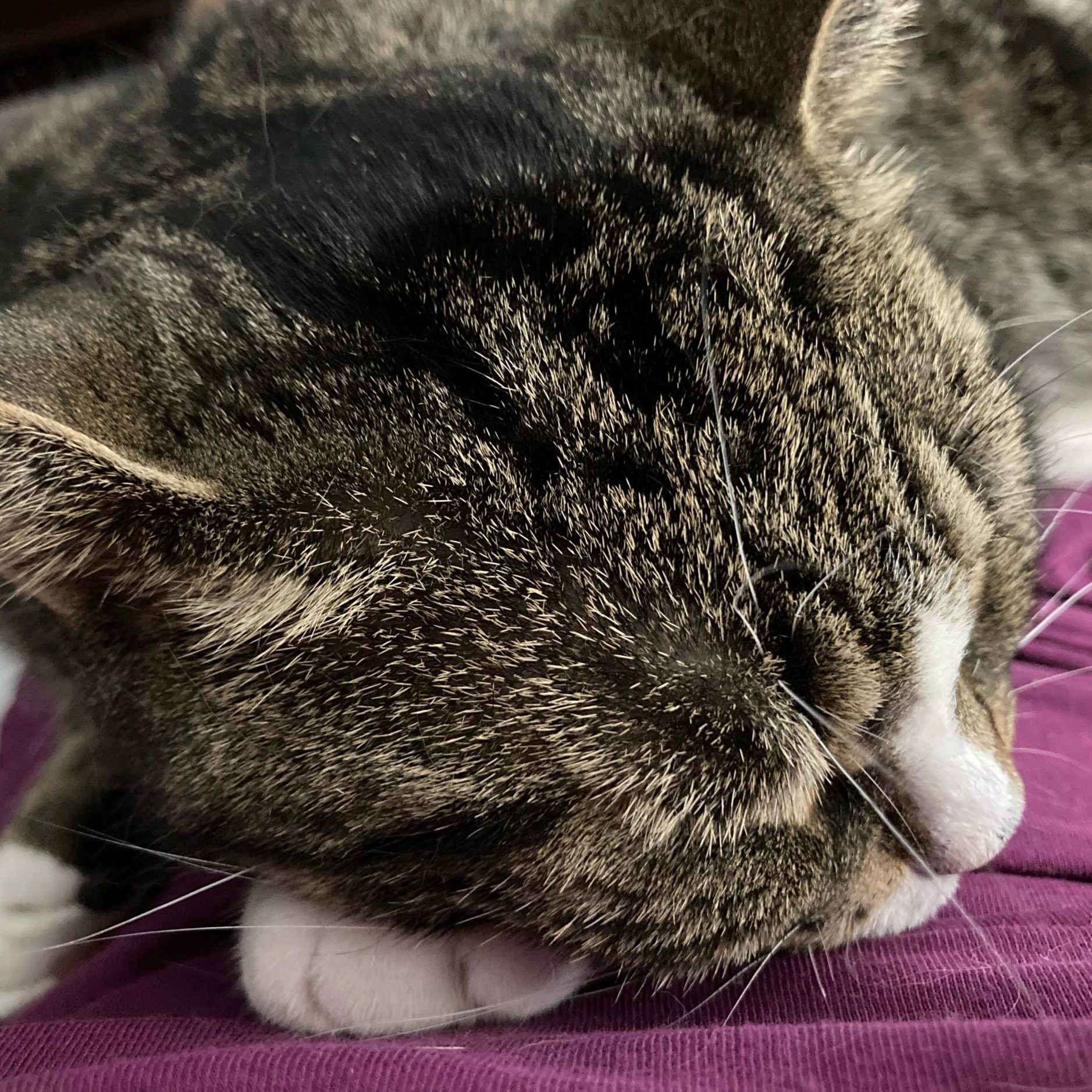 By EJ Croll
By EJ CrollEJ Croll’s speculative short story, Spoons, is about their own experience of chronic fatigue, chronic pain, and the frustration of living with these limitations.
-
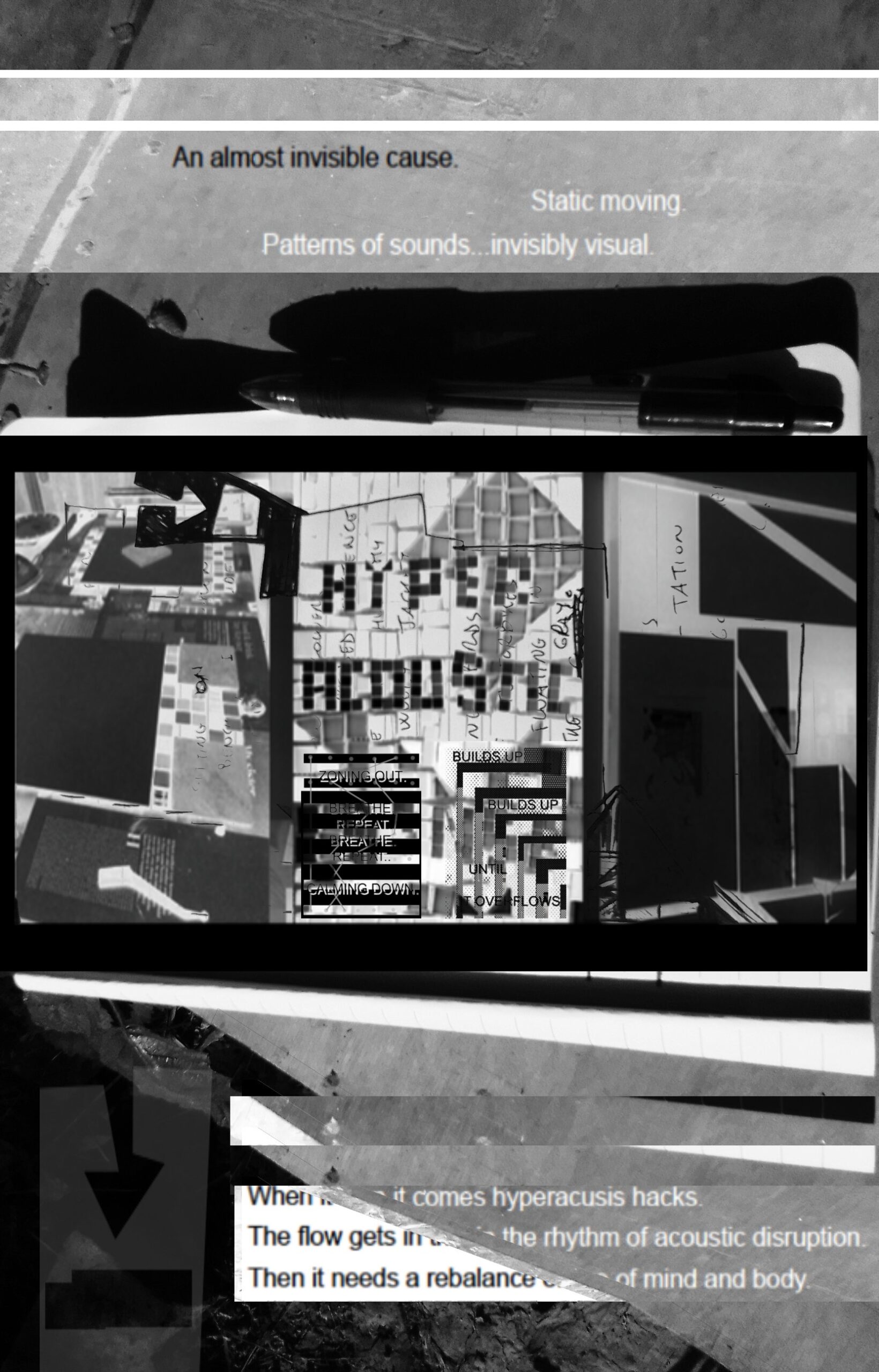 By Luca M Damiani
By Luca M DamianiLayers of Hyper Acoustic Pain by Luca M Damiani uses the artist’s writing, artworks, and photography based on his own disability, showing layered moments of invisible sensory disorder.
-
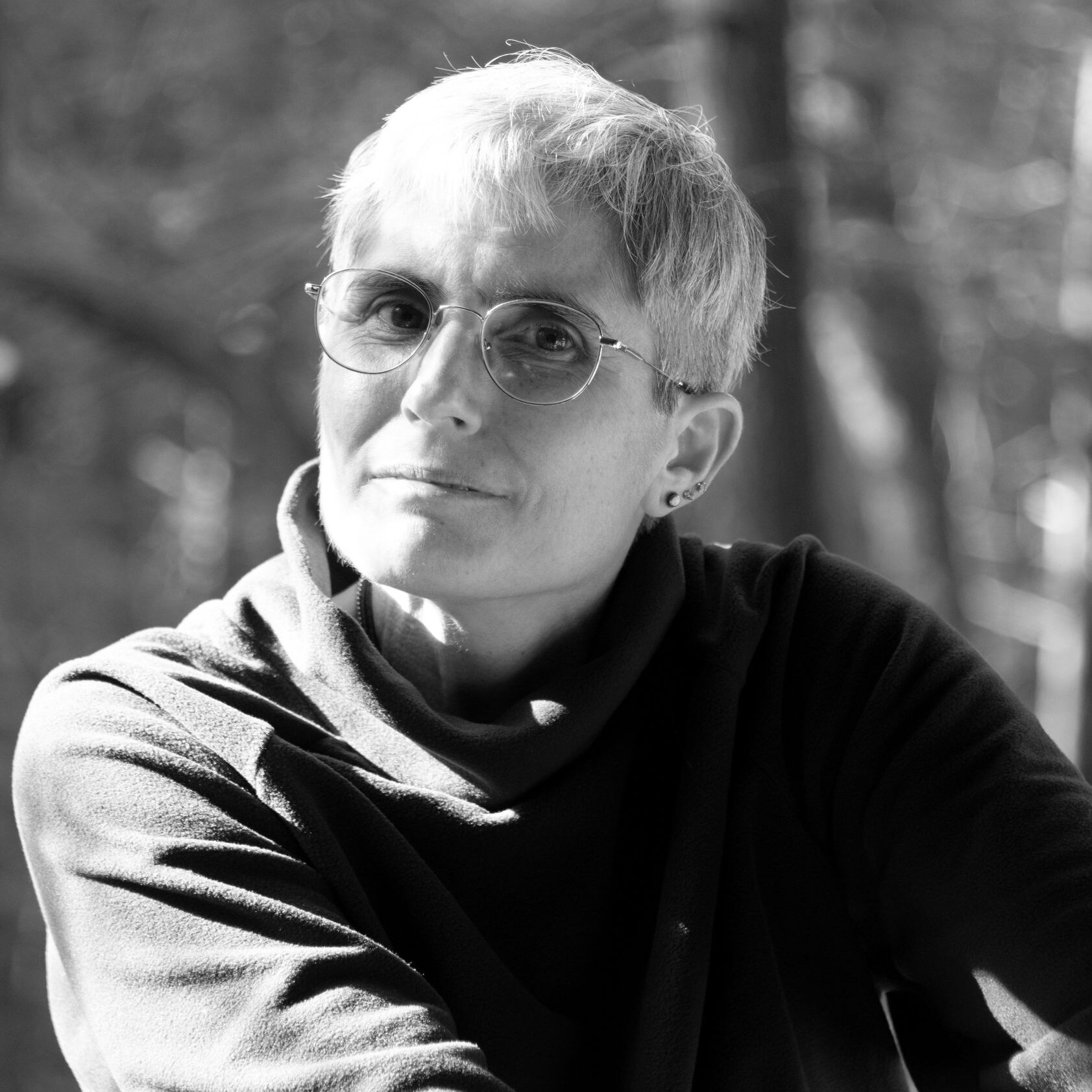 By Amba Elieff
By Amba Elieff“I woke up/faced with my limitations/A body yesterday/so tired it physically was done.” In her third poem for Knee Brace Press, Amba Elieff writes about spoon theory, fatigue, and learning to understand her body’s limitations.
-
 By Allison Stalberg Siebens
By Allison Stalberg SiebensMemoirist and magical realism author Mugabi Byenkya writes for themselves. Or, more accurately, the angsty, confused, Black, Ugandan-Rwandan-Nigerian, disabled, queer, polygender, and neurodivergent little human they used to be and still are.
-
 By Allison Stalberg Siebens
By Allison Stalberg SiebensAmba Elieff spent most of her life a closet poet. Now, she’s put her work out there for all to see in her debut collection, Maiden, Mother, Crone. We spoke with Elieff about sacred spaces, womanhood, and what it means to be in community with other through her work.
-
 By Amba Elieff
By Amba ElieffResearchers at the University of Massachusetts found that nearly ninety-six percent of chronic medical conditions can be considered “invisible illnesses.” Poet Amba Elieff details her own experiences with chronic illness via one small tattoo.
-
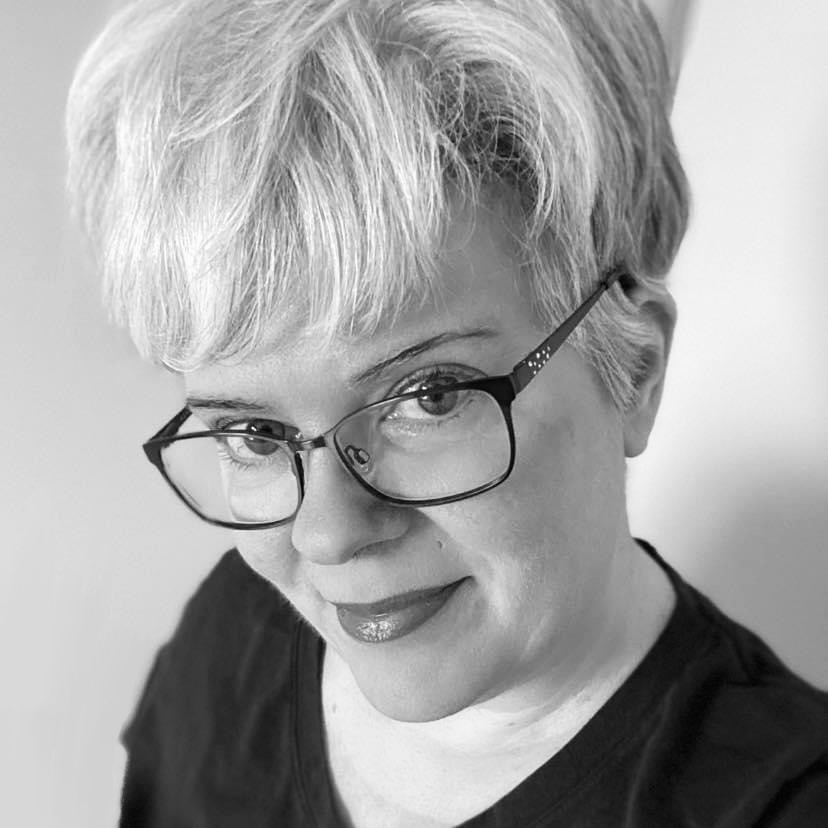 By Cait Gordon
By Cait GordonIt’s the end of the world. Then again, we Spoonies have always been able to adapt. While the non-disabled, richest one percent were hidden underground in bunkers during the catastrophe, a network spearheaded by a disabled woman had secretly gathered to protect the most disregarded of the population.
-
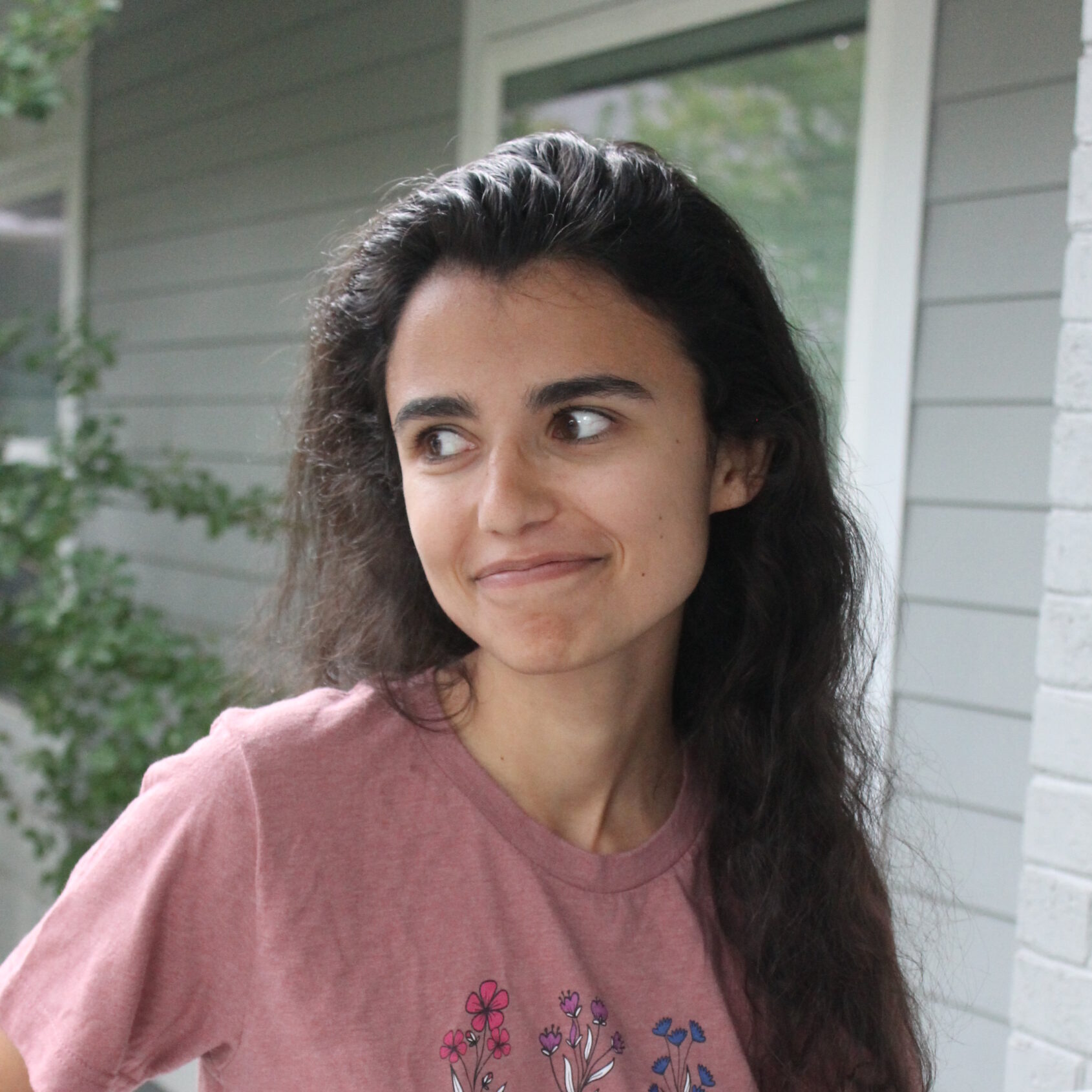 By Nicole Zelniker
By Nicole ZelnikerIn her essay, Knee Brace Press EIC Nicole Zelniker chronicles her relationship with food through the lens of OCD, anorexia, and Crohn’s disease. The essay is an ode to recovery as well as community in the form of “badass, body positive friends.”